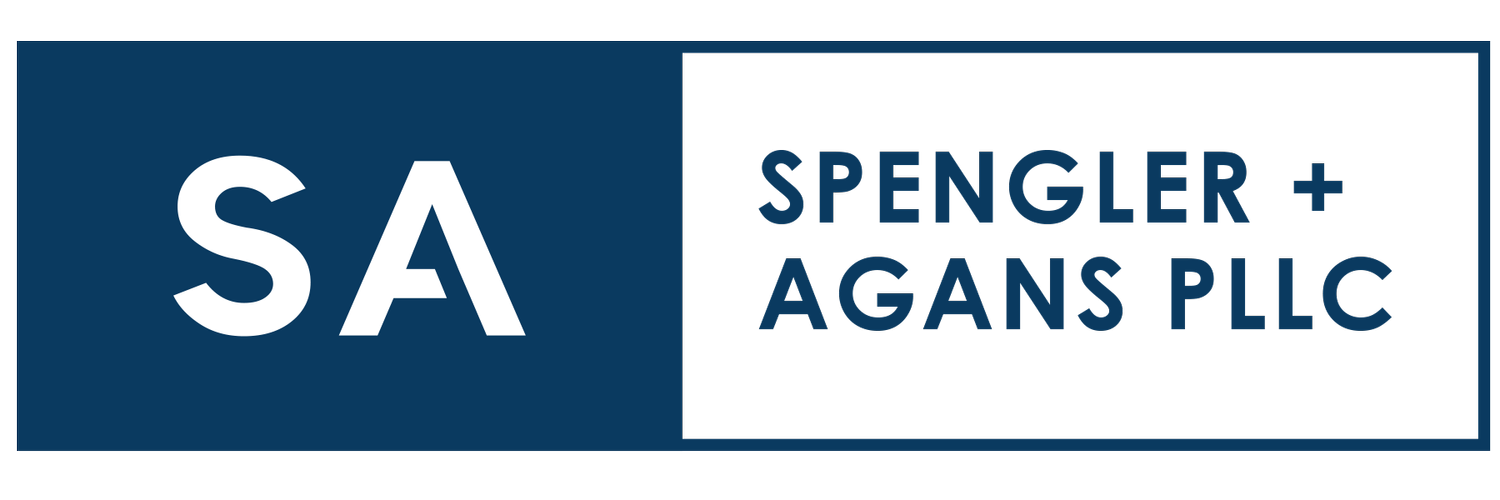Pay to Play: Legally Playing Music, Radio, and TV at Your Business
I often get some variation of the following question from clients: Do I really have to pay extra fees to play music in my restaurant/bar/coffee shop?
The short answer is that you almost certainly do have to pay licensing fees to play music in your business if it serves the public. Then you have to decide which organization(s) to pay and what types of music to allow.
Who you pay to license music
Some background is helpful. Performing Rights Organizations (PROs) represent songwriters and publishers – they collect fees from establishments that play music as part of their business, and then distribute royalties back to copyright owners. The PROs with the largest catalogs are Broadcast Music Inc. (BMI); the American Society of Composers, Authors and Publishers (ASCAP); and, Society of European Stage Authors and Composers (SESAC). But there are also smaller organizations such as Global Music Rights (GMR).
This creates a challenging landscape to navigate for businesses to navigate, especially small businesses. However, if you are not paying licensing fees and you play music at your for-profit business that is open to the public, you are likely committing copyright infringement. Note that copyright infringement can have severe consequences – for example, courts have discretion to determine the amount of statutory damages in a range between $750 and $30,000 per individual copyrighted work infringed, even if you didn’t know better. That’s on a per-song basis. If the infringement is found to be willful, the potential damage amounts increase quickly.
can your patrons hear the music?
The key is whether it’s accessible to the general public – it’s fine to have music/TV for your staff without paying extra licensing fees, so long as it’s not clearly audible or viewable by your customers. There are some exceptions when music heard by patrons is used for educational, religious, government, or non-profit purposes.
Using music on iTunes and Amazon
If you bought music through iTunes or Amazon, it was in your personal capacity and you’ve got only a personal license to enjoy that music. So you can rock out in the comfort of your own home or in your office – but you cannot play it within earshot of paying customers at your restaurant or bar.
Live music costs
The combination of the frequency you host live music (or DJs, karaoke, etc.) and the size of your establishment (i.e., occupancy limit, usually based on local building or fire codes) is usually how the PROs determine the licensing fees you must pay for the right to play music in their catalogs. Keep in mind that even if you have live music or a DJ only once a month, you still have to pay licensing fees.
If there’s dancing to live or recorded music at any time, you have to pay more
Radio and TV licensing laws
For radio and TV, there are some limited exemptions available based on the square footage of your business. For example, if the square footage is 3,750 sf or less for food service or drinking establishments, or 2000 square feet or less for other establishments, you can play broadcast radio (not internet) and TV without paying additional fees. It’s possible your business may still be exempt if you occupy a larger space if you meet criteria concerning the number of speakers and TVs (and the size of the TVs)
Choices to license music
So, should you play music in your establishment? The ambience created by music is part of attracting people to your business – so it’s worth it for most businesses to bite the bullet and pay fees. The next step is figuring out which licensing option is right for you. You have two main options:
Pay the PROs directly. This is cumbersome and annoying b/c then you are only legally able to play songs within the catalog of the PRO you paid – so if you don’t pay all of them, you’d have to search the catalog of the PRO(s) you did pay and play only music from the relevant catalog. For example, if you pay BMI’s licensing fees, you’d have to confirm that every song you play is in the BMI catalog and not in ASCAP’s or SESAC’s catalog.
Pay for a licensed music solution such as Pandora, Spotify (called soundtrack your brand), or SiriusXM business station that already pays licensing fees to the PROs. In this way, you don’t have to pay multiple PROs for streaming music. This is the most popular option for most businesses. BUT, that doesn’t cover other types of music offerings…
If you want to have live music, karaoke, or a jukebox, you need to looks at pros/cons for your business. The simplest calculation is whether the additional revenue generated by having live music, karaoke, or a jukebox exceeds the cost of the licensing fees. Look at the baseline revenue for the average Friday night when there is no live music vs. Friday nights when you have live music. If, all else equal, you generate more profit (even after accounting for licensing fees) by having live music then you have your answer.
To contact us, or to sign up for our newsletter, please visit our Contact page or reach out to the relevant attorney directly through their bio page. In addition, you can find primary contacts for each practice area by visiting our Areas of Practice page.

